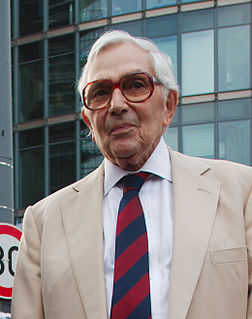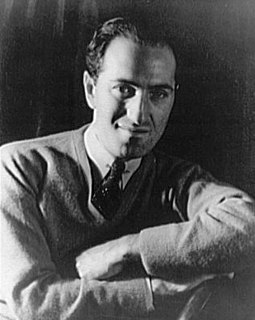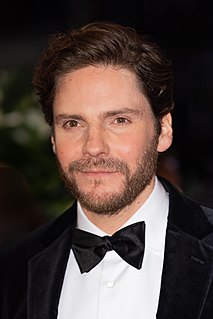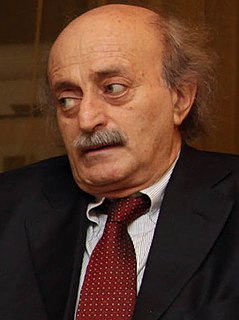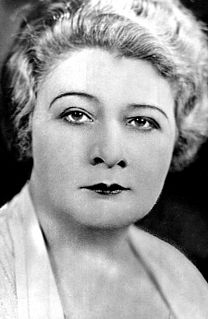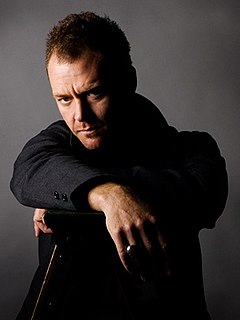A Quote by John F. Kennedy
There are many people in the world who really don't understand, or say they don't, what is the great issue between the free world and the Communist world. Let them come to Berlin. There are some who say that communism is the wave of the future. Let them come to Berlin. And there are some who say in Europe and elsewhere we can work with the Communists. Let them come to Berlin. And there are even a few who say that it is true that communism is an evil system, but it permits us to make economic progress. Lass' sie nach Berlin kommen. Let them come to Berlin.
Related Quotes
It is advertising that enthrones the customer as king. This infuriates the socialist...[it is] the crossing of the boundary between West Berlin and East Berlin. It is Checkpoint Charlie, or rather Checkpoint Douglas, the transition from the world of choice and freedom to the world of drab, standard uniformity.
Chocolate and candy. That's what we brought in to our friends. We worked in East Berlin with other artists who were smuggled out to come work in the Western Bloc. It was extraordinary because people in East Berlin just wanted to know what was happening. Music. Fashion. The news. All of the things we get every day.
I jumped at the chance and auditioned for a leading role in the musical 'Hair,' which was touring in Berlin and London. I won roles in both productions and left my job as a secretary after 18 months in 1970 to join the cast of 'Hair' in Berlin. I opted for Berlin because a girl from my neighborhood was also going to perform in 'Hair' there.
It's strange for me to say it, but this process of change has started because of the American invasion of Iraq. I was cynical about Iraq. But when I saw the Iraqi people voting three weeks ago, 8 million of them, it was the start of a new Arab world. The Syrian people, the Egyptian people, all say that something is changing. The Berlin Wall has fallen. We can see it.
Conservatives recognize there's gonna be winners and losers. The communists say that's not right. There shouldn't be any losers, and they set about trying to create circumstances where people think nobody will lose. But everybody loses under communism. They eventually have to build walls around countries to keep people in, as in the Berlin Wall.

